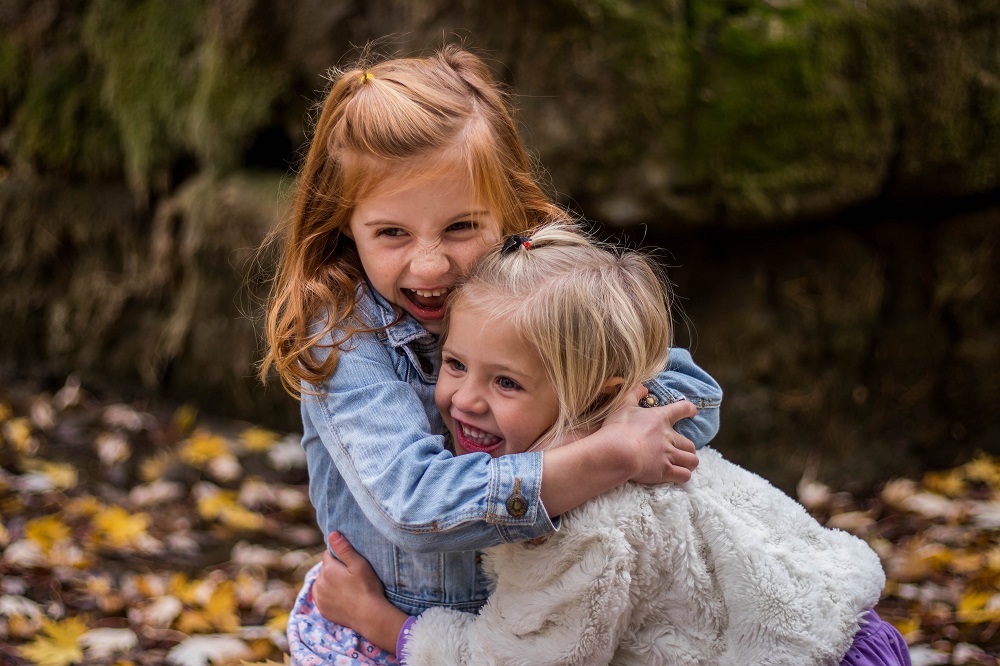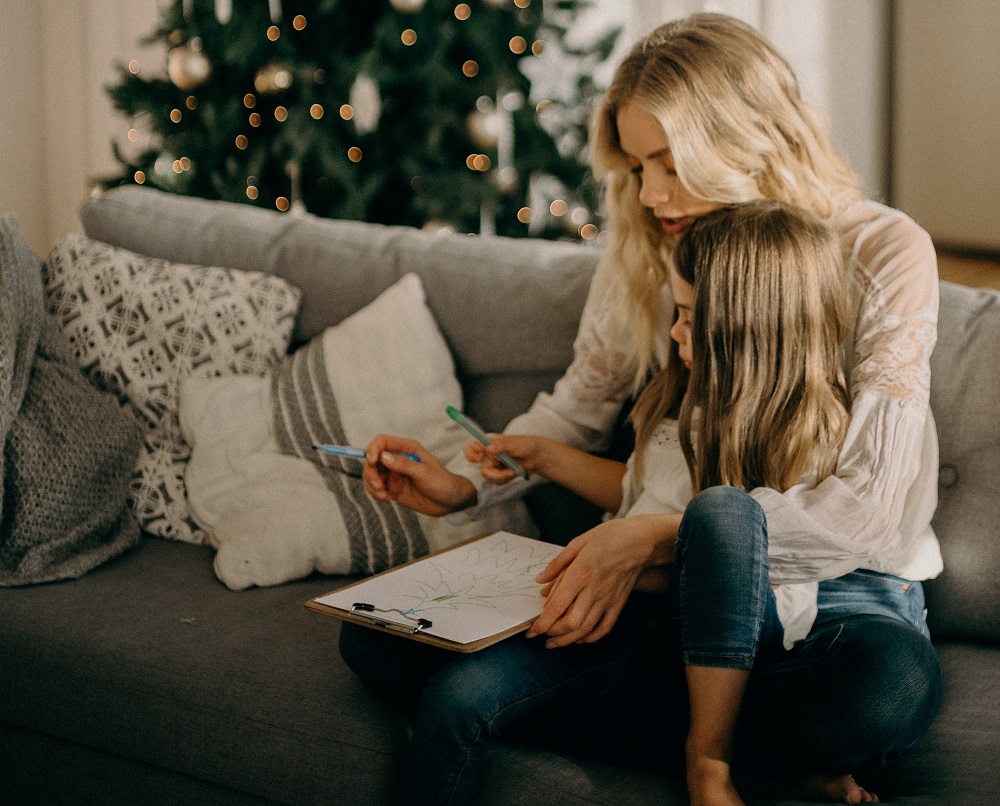What can we learn about addiction from a children’s program?
“Sesame Street has always been real-world. It’s not a fantasy, it’s not a fairy tale. One of the things that sets us apart is respecting children and dealing with real-world issues from a child’s perspective.” ~ Sherrie Westin, Executive Vice-President of Global Impact and Philanthropy, Sesame Workshop
50 years ago this November, Sesame Street premiered on public television. Over the years, it has grown into a national institution, beloved by generations of children who are now themselves parents and grandparents. Even though Sesame Street is a generally lighthearted show geared towards teaching younger children basic educational and social lessons, the writers have not been afraid to tackle surprisingly adult themes, including:
- Death
- Divorce
- Parental incarceration
- Autism
- Homelessness
- Racism
- Breastfeeding
- Disability
- Foster care
- Adoption
- HIV/AIDS
But this past October, Sesame Street took on a subject not usually addressed in a children’s television show: addiction.
Addiction: A “Grown-Up Problem”
“I used to think a lot of things were my fault, especially my mom’s problem. But she told me no, it was a grown-up problem and it wasn’t because of anything I did. And she said that she loves me no matter what.” ~ Karli, a six-and-a-half year-old Muppet in foster care
Earlier this year, Sesame Street introduced Karli, a bright green and yellow little monster who is close friends with Elmo. At the time, Karli was only portrayed as being in foster care, without a specific reason being given. But in October, it was revealed that Karli was placed with another family due to her mother’s struggle with substance abuse. The segments dealing with addiction were presented online-only, with Karli talking to Elmo about how at first, she thought she was to blame for everything that had happened.
A Problem That Affects Both Muppet and Human Children Alike
“When I was little, my Mom and Dad had to leave, and I had to stay with Grandma and Grandpa. My parents were struggling through a bad time with addiction. They had to go to a place to help them feel better.” ~ Salia, a ten year-old human girl whose parents both battled addiction
In another online-only segment, Karli introduces viewers to her friend Salia, a little girl who was placed with her grandparents while her parents went to rehab. The story of Salia and her family is both heartbreaking and hopeful. Heartbreaking, because she explains how difficult it was when she was apart from her parents, recalling, “They were gone for 60 days, but it felt like 60 years.” Even today, Salia says, I remember the hard times.” Hopeful, because her parents are in successfully in recovery, and their family has grown to include her three little sisters. Salia has learned to cope with her feelings through meditation, journaling, and art. Now, she even teaches meditation to other children of addicted parents, saying, “It feels good to help other children who are going through what I went through.”
Children are the Second Victims of the Drug Crisis
“These boys and girls are the first to get hurt and, unfortunately, the last to get help. For them to see Karli and learn that it’s not their fault and this stuff is hard to talk about and it’s OK to have these feelings, that’s important. And that there’s hope.” ~ Jerry Moe, nationally-recognized child therapist
Unfortunately, Karli and Salia aren’t alone. In fact, there are an estimated 8.3 million American children under the age of 18 who live in a household where one or more parent has substance abuse or dependency issues. This can result in other serious complications:
- Annually, about 400,000 children are exposed to substances prenatally.
- This is approximately 10% of all births.
- Nearly 6% of pregnant women between the ages of 15 and 44 are current users of illicit drugs.
- The highest rates are among younger expectant mothers — more than 18% of pregnant women ages 15 to 17 self-report substance use.
- 12% of infants born to mothers who abused alcohol while pregnant have growth difficulties.
- Children of alcoholics and addicts are three times more likely to be victims of child abuse or maltreatment.
- They are four times more likely to be neglected.
This is why parental substance abuse is a factor in 81% of cases where Child Protective Services had to intervene. Specifically, 61% of infants and 41% of older children who are in out-of-home placement were removed because of substance abuse within the family. Of special relevance, addiction can follow a family for generations. For example, children of alcoholics are four times more likely to abuse alcohol, and are at tripled risk of marrying an alcoholic. Even more alarming, recent research suggests that drinking while pregnant can have transgenerational effects, impacting grandchildren and even great-grandchildren.
Grandparents are the New Caregivers
“It was quite an adjustment. I wasn’t ready to go back to changing diapers and getting up in the middle of the night. I thought all that was behind me. But my daughter and the baby’s father got caught up in using opioids right after Francis was born. He needed me.” ~ Pamela Livengood, talking to AARP Magazine
Ever since the opioid crisis was declared a public health crisis in 2017, there has been growing concern about the consequences to the children of parents with Substance Use Disorders. Across the country, there are thousands and thousands of addicted parents who are unable to care for their children or who are incarcerated, in treatment programs, or even fatally overdosing. What happens to their children? According to research conducted by the US Census Bureau, their care is increasingly falling to their grandparents. This creates significant challenges, for the family as a whole, the children, and the grandparents. Jaia Peterson Lent, of the advocacy group Generations United, spoke to a Special Committee on Aging this past March, saying, “(The drug crisis)…is overwhelming many families and child welfare systems. Suddenly, (grandparents) are forced to navigate complex systems to help meet the…challenges of the children who come into their care, often after experiencing significant trauma.” Not surprisingly, the Census Bureau research highlights a possible link between opioid prescribing and grandparents raising grandchildren. The percentage of people over the age of 30 who are raising grandchildren is greater in those states with high rates of painkiller prescribing.
Breaking the Silence

“My mom was having a hard time with addiction and I felt like my family was the only one going through it. But now I’ve met so many other kids like us. It makes me feel like we’re not alone.” ~ Karli
Parental addiction can be very confusing for children. When they are very young, they may only know that Mommy or Daddy sometimes act silly or sleepy or grumpy. They are often forced into skewed roles as they try to play extra-quietly or even attempt to take care of their parents when they are hung-over or sick. As they get older and begin to make the connection between drinking and drug use and their parents’ behavior, they might start to feel a profound sense of isolating shame over their family situation. Like Karli, they may even experience misplaced guilt, thinking such things, “Maybe if I behaved, Mommy wouldn’t drink.” But because Sesame Street is willing to address the topic in an age-appropriate way, they can send positive messages that counter children’s fears. As Ms. Westin explains, the online content and resources aim “to break down the stigma of parental addiction and help families build hope for the future. “Having a parent battling addiction can be one of the most isolating and stressful situations young children and their families face. Sesame Street has always been a source of comfort to children during the toughest of times.”
Explaining Addiction to Young Children

“Addiction is a sickness. Addiction is getting too attracted to something, so you keep doing it over and over again. It makes people feel like they need drugs and alcohol to feel okay. And they can’t stop doing it and they aren’t acting like themselves.” ~ Salia
The writers were very careful to use language that young children could understand, substituting “addiction”, “problem” or “sickness” for the newer term “Substance Use Disorder”, and replacing “recovery” with “sobriety”. They also broke down the complicated illness of SUD into gentler themes that were easier to grasp. Karli and Salia talked about their “big feelings”, like sadness, happiness, and even anger. Viewers were shown simple strategies to help them cope with those big feelings. Kama Einhorn, one of Sesame Workshop’s senior content managers, says, “There’s nothing else out there that addresses substance abuse for young kids from their perspective,” “Even a parent at their most vulnerable – at the worst of their struggle – can take one thing away when they watch it with their kids, then that serves the purpose.”
The Biggest Lesson of All
“My parents help us to stay safe. They say they work very hard to stay healthy, so that our family stays healthy. Now that Mom and Dad are in recovery, we can do fun things together…I’m proud of Mom and Dad for asking for help, and not using drugs or alcohol anymore. And they’re proud of me, for just being ME.” ~ Salia
Sesame Street made sure to let young viewers know that their parents’ problems weren’t anyone’s fault and that it was normal and okay to have “big feelings” about everything going on. But in the segment introducing Salia, they showed multiple scenes of a reunited family that was happy and healthy, even after all of the difficulties they had faced. They showed the hope and promise of recovery, and that is a valuable lesson that many adults could stand to learn. As Salia herself says, “Going through tough times is harder for families, but when they get to the end of it, they end up stronger.” If you are worried about the impact your drinking, drug abuse, or medication misuse is having on your children and the rest of your family, click here to get immediate help.







